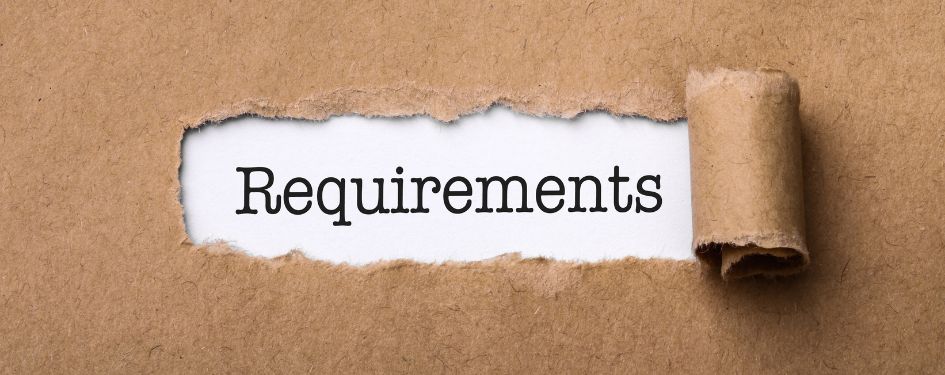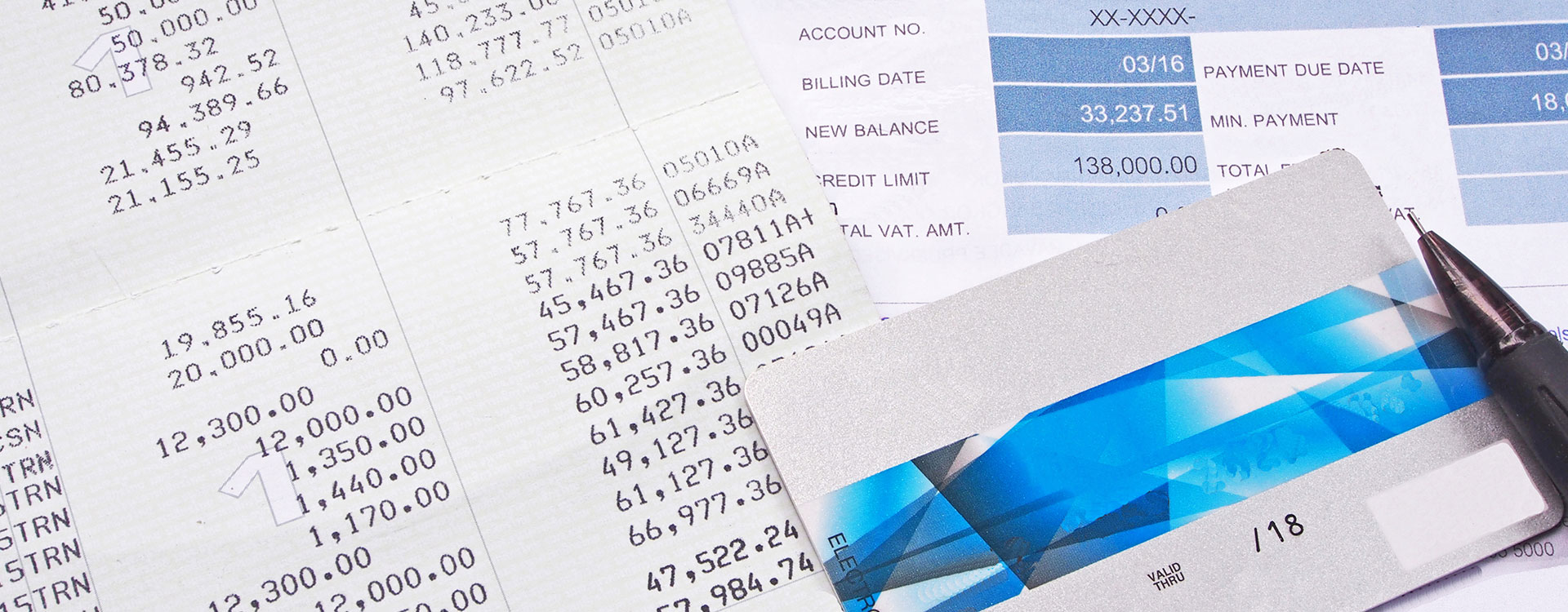In today's financial landscape, personal loans have become a versatile tool for addressing various financial needs.
Whether you're consolidating debt, covering unexpected medical expenses, or financing a significant purchase, a personal loan can offer a solution.
However, obtaining a personal loan isn't as simple as submitting an application. Lenders have specific requirements that applicants must meet to qualify.
Below, you’ll discover the fundamental requirements for a personal loan, how to enhance your chances of approval, and essential tips for a seamless application process.
KEY TAKEAWAYS:
- Personal loan requirements serve as the foundation for lenders' evaluation of applicants, and help lenders assess your creditworthiness and ability to repay the loan.
- To expedite the personal loan application process, it's essential to gather the necessary documents that lenders may request to verify your information, income, and identity.
- Receiving a denial for a personal loan can be disheartening, but it's crucial to take the right steps in response.
The Crucial Elements: Personal Loan Requirements
Personal loan requirements serve as the foundation for lenders' evaluation of applicants. These criteria help lenders assess your creditworthiness and ability to repay the loan. While these requirements may vary slightly among lenders, here are the fundamental elements you need to consider:
1. Credit Score
Your credit score plays a pivotal role in determining your eligibility for a personal loan. It provides lenders with insights into your financial reliability as a borrower.
Many lenders establish minimum credit score requirements, and these benchmarks can vary. Some lenders extend loans to individuals with thin or poor credit profiles, while others reserve the best terms and interest rates for those with excellent credit scores, typically 690 or higher.
2. Credit History
In addition to your credit score, lenders also evaluate your credit history.
They seek evidence of responsible financial behavior, such as consistent on-time payments towards credit cards and other debts. Reviewing your credit reports regularly, which detail your payment history, is crucial.
You can obtain free credit reports from AnnualCreditReport.com.
3. Income
Lenders want to ensure that you possess a reliable and steady source of income to meet your monthly loan payments.
Some lenders may establish specific minimum income requirements, whether on a monthly or annual basis.
It's important to note that income doesn't solely refer to your paycheck; many lenders accept various income sources, including income from other household members, alimony, and Social Security payments.
4. Debt-to-Income Ratio (DTI)
Your debt-to-income ratio (DTI) is a critical metric that lenders use to assess your financial capacity.
It represents the percentage of your monthly income allocated to debt payments. While the specific DTI requirement may vary among lenders, most typically seek a DTI below 40% to approve a personal loan application.
These are the core requirements that lenders consider when evaluating personal loan applications. Meeting these criteria significantly enhances your chances of approval.
However, it's important to remember that individual lenders may have additional conditions or preferences, so it's advisable to review their specific requirements before applying.
Required Documents For A Personal Loan Application
To expedite the personal loan application process, it's essential to gather the necessary documents that lenders may request to verify your information, income, and identity.
Having these documents ready can streamline your application…
Proof of Identity: A government-issued ID serves as proof of your identity.
Proof of Address: Utility bills or mortgage statements can verify your residential address.
Proof of Income and Employment Status: Documents like pay stubs, tax returns, or W-2 forms demonstrate your income and employment status.
Proof of Additional Income: If applicable, provide proof of additional income sources, such as retirement benefits, alimony, or child support.
Social Security or Individual Taxpayer Identification Number: These numbers help lenders verify your identity and financial history.
Additionally, lenders typically require a verifiable phone number or email address to facilitate communication throughout the application process.
Questions To Ask Before Applying For A Personal Loan
Before proceeding with a personal loan application, it's essential to ask yourself several critical questions:
1. Is a Personal Loan the Right Financing Option for Me?
Personal loans offer versatility, but they may not always be the most cost-effective choice. Consider whether alternative financing options, such as a 0% balance transfer credit card or a family loan, could better meet your needs while potentially offering lower costs.
2. Can I Afford the Monthly Payments?
Evaluate whether the monthly payments associated with the personal loan comfortably fit within your budget. Utilize a personal loan calculator to estimate your monthly payment and ensure it aligns with your financial goals.
3. Do I Understand the Fees?
Be aware of any potential fees that lenders may charge. These can include origination fees, which may range from 1% to 10% of the loan amount, as well as late payment and non sufficient funds fees. Understanding these fees is crucial for assessing the overall cost of the loan.
Tips To Qualify For A Personal Loan
Even if you don't possess a perfect credit score, several strategies can improve your chances of securing a personal loan:
1. Add a Co-Signer
Enlisting a co-signer with a strong credit history and stable income can bolster your eligibility and potentially lead to a lower interest rate. Keep in mind that a co-signer assumes responsibility for loan payments if you default.
2. Consider Collateral
Secured personal loans, backed by assets like cars or investment accounts, can offer lower interest rates and higher loan amounts. However, remember that the lender can seize the asset if you fail to make payments.
3. Build Your Credit
If you have a limited credit history, consider postponing your application to focus on building your credit profile. Secured credit cards and becoming an authorized user on someone else's credit card are effective ways to establish or enhance your credit.
4. Lower Your Debt-to-Income Ratio (DTI)
Paying down existing debt and reducing your credit utilization can lower your DTI and improve your credit score, increasing your appeal to lenders.
Applying for a Personal Loan
When you decide to apply for a personal loan, follow these essential steps to ensure a smooth application process:
1. Review Your Credit Report
Before applying, obtain a copy of your credit report to gauge how lenders perceive your creditworthiness.
This allows you to identify and rectify any errors that could negatively impact your score.
2. Compare Various Lenders
Different lenders may offer varying terms and conditions for personal loans. Some specialize in debt consolidation, while others cater to borrowers with lower credit scores.
Your bank or credit union may also provide exclusive rates for existing customers. Comparing lenders enables you to choose the one that aligns best with your needs.
3. Pre-Qualify with Multiple Lenders
Pre-qualification involves a soft credit check, which doesn't affect your credit score. It allows you to receive estimated APRs, terms, and monthly payments from multiple lenders.
This step enables you to make an informed decision based on your budget and preferences.
4. Submit Your Application
Once you've selected a lender, complete the formal application process. This entails submitting your application form and providing the necessary documents to verify your identity and income.
Keep in mind that most lenders offer online application options, although some banks and credit unions may require in-person applications.
5. Receiving Funds
If your personal loan application is approved, you can typically expect to receive the funds within approximately one week. The first payment is usually due around 30 days after the loan disbursal.
What If Your Loan Application Is Denied?
Receiving a denial for a personal loan can be disheartening, but it's crucial to take the right steps in response.
First, understand the reason behind the denial. Lenders are required by the Equal Credit Opportunity Act to provide this information, which can help you pinpoint areas for improvement in your financial or credit profile.
Next, work on strengthening your credit score by paying down existing debt, rectifying credit report errors, or establishing additional credit history.
This process may take several months or even a year, but it can significantly enhance your chances of approval when you reapply. Avoid reapplying too soon, as doing so without improving your credit may result in continued denials.
Consider exploring alternative financing options or taking steps to build your savings or generate extra income. Some merchants offer buy now, pay later plans, which allow you to spread out payments for purchases over several months, often without interest.
In conclusion, understanding the requirements for a personal loan is essential when embarking on the journey to secure financing.
By meeting these prerequisites, gathering the necessary documents, and applying strategically, you can enhance your prospects of obtaining a personal loan that aligns with your financial goals and needs.
Remember that even if you face initial setbacks, there are steps you can take to strengthen your financial profile and work toward securing the funding you require.
How Credit9 Can Help You
At Credit9, we offer loan options that could provide you with the financial solution that works best for you.
Since 2018, Credit9 has provided over $460 Million in loans to over 36,000 of our customers, and we’re confident we can help you too.
For more information about Credit9’s unique debt consolidation services, contact us today to see how we can help you consolidate your debts and receive a free, no-obligation, and fully-customized Credit9 loan solution!



